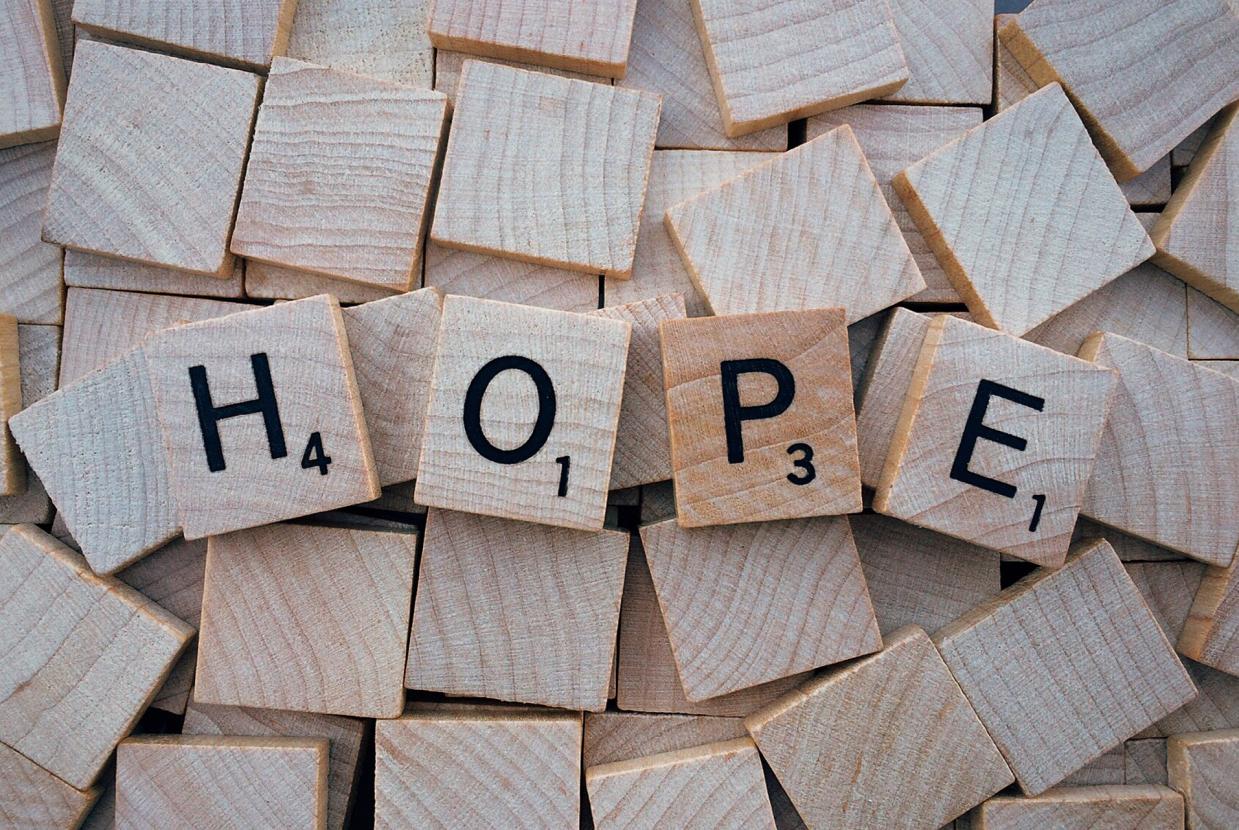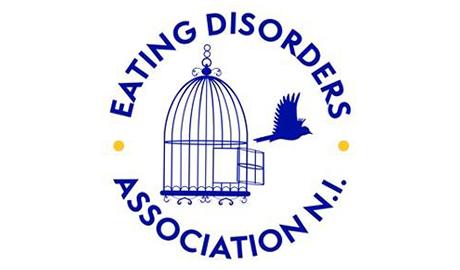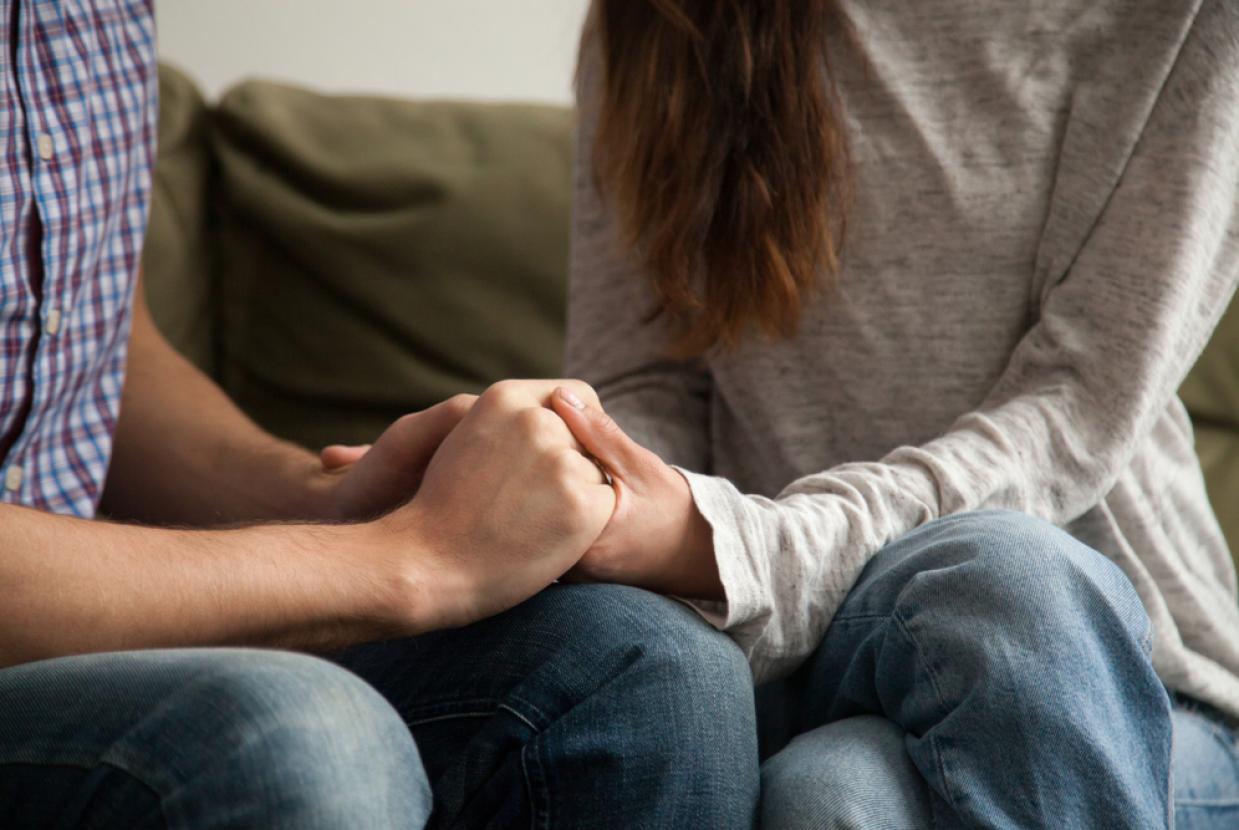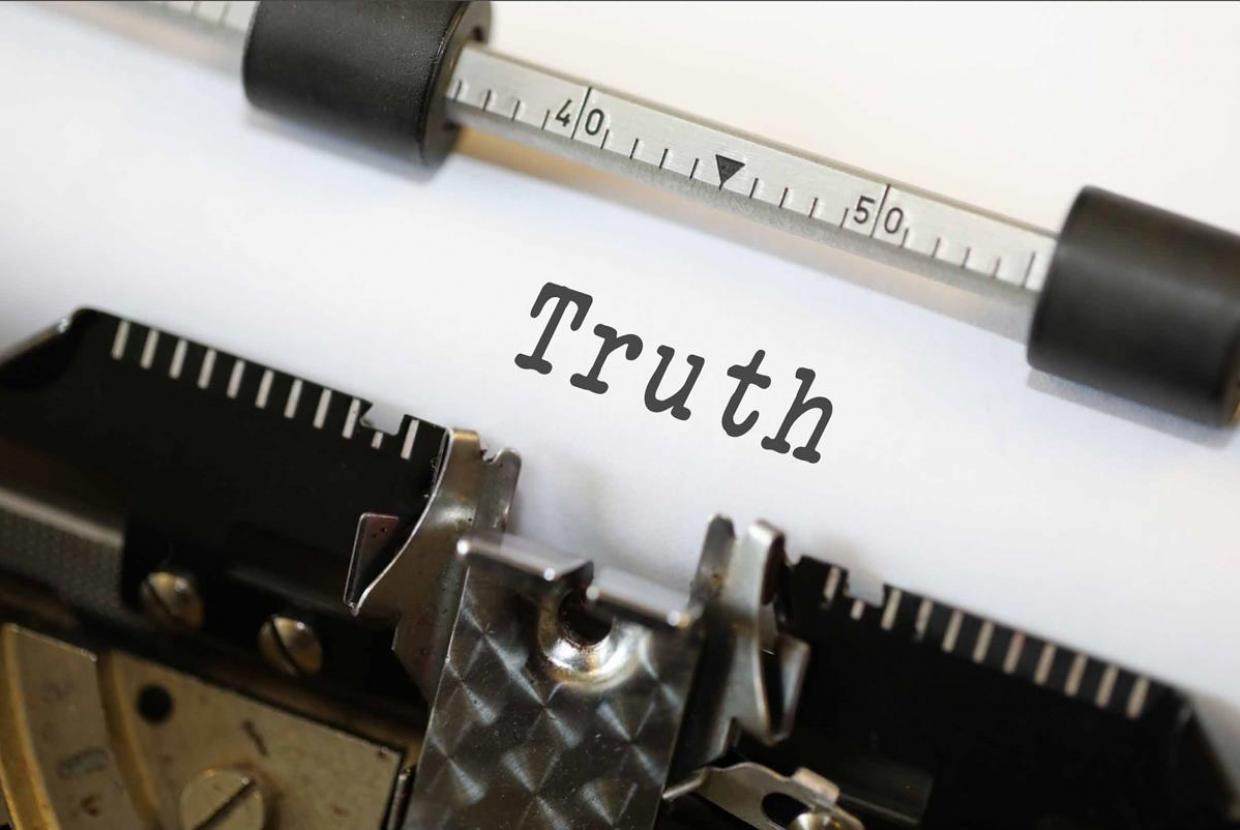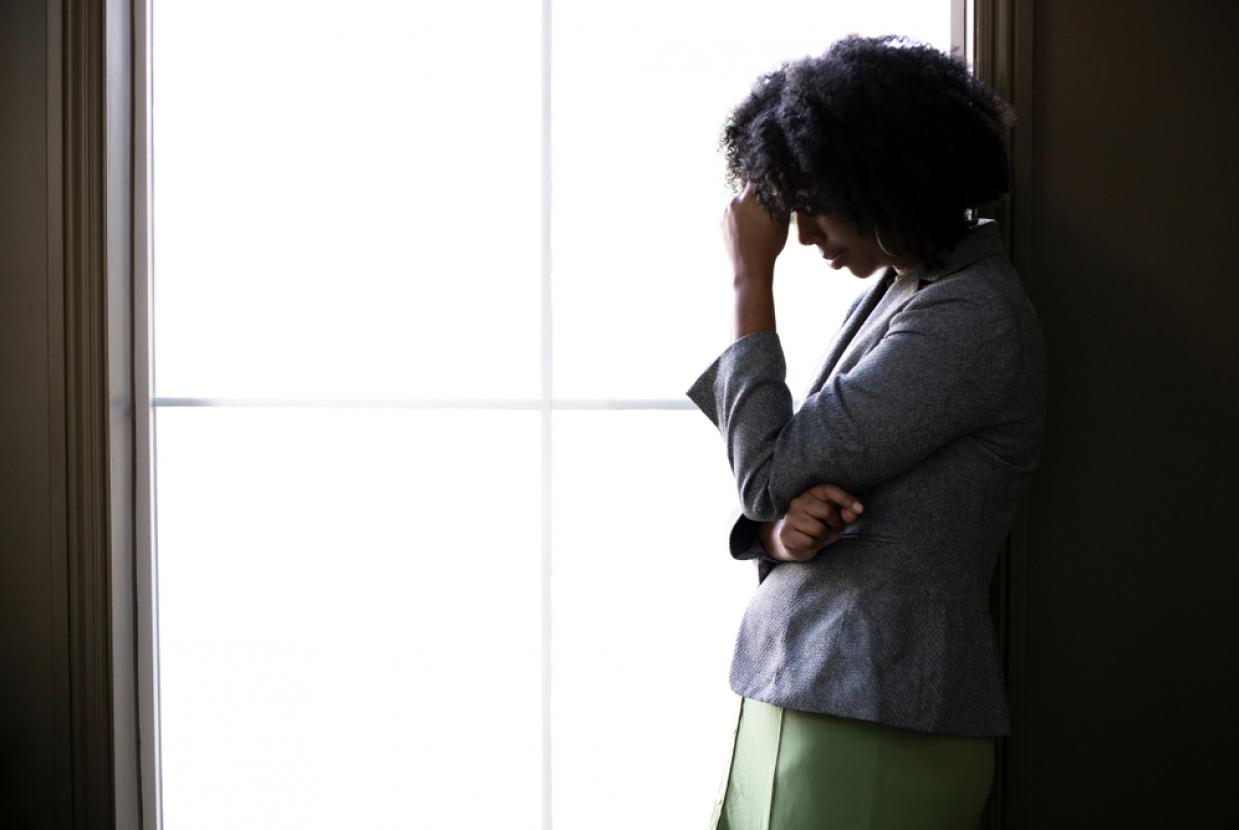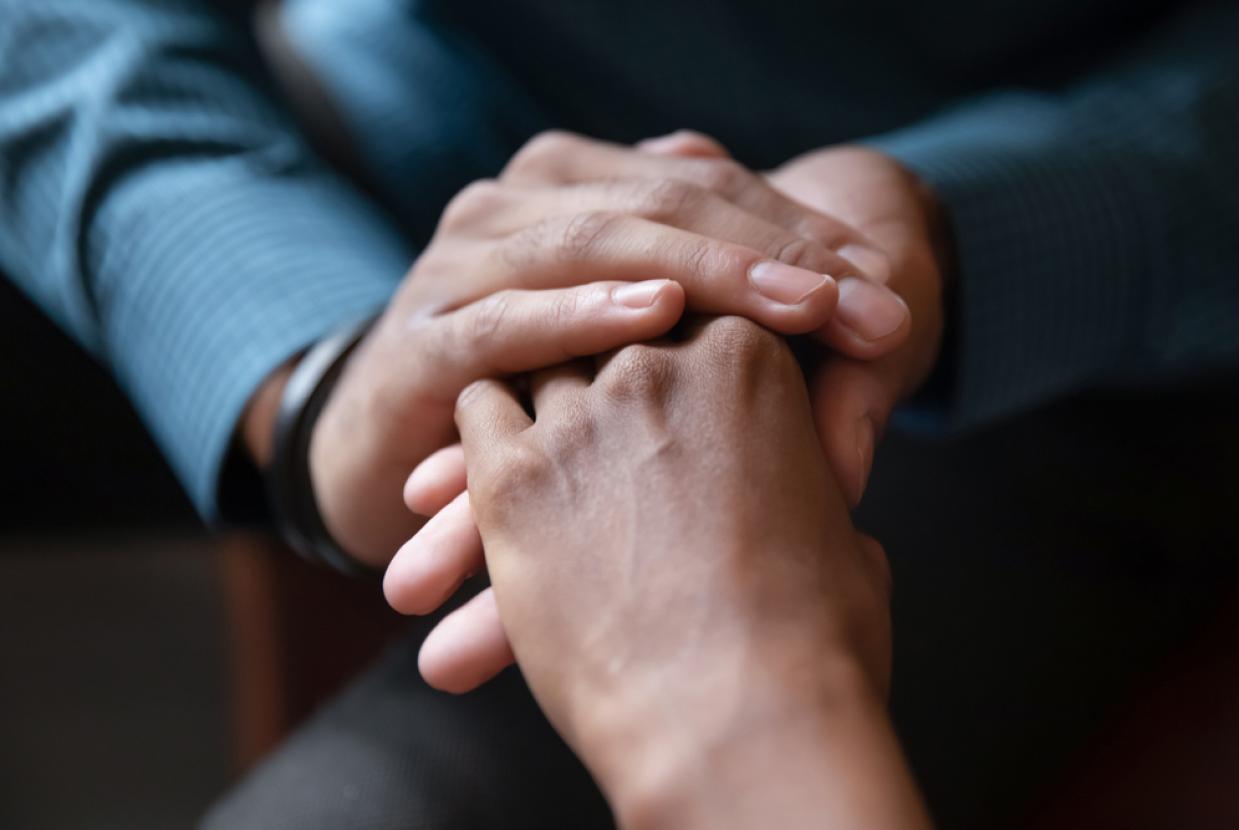What is an Eating Disorder?
An eating disorder is a serious and extremely complex mental health condition that impacts significantly upon many aspects of a person’s life.
Eating disorders manifest in a significant disturbance in the person’s thinking and relationship to food, weight and shape. Eating disorders can have potentially life threatening physical complications with anorexia having the highest mortality rate amongst all the psychiatric illnesses.
It is estimated that approximately 1.25 million people in the UK are affected by an eating disorder with an estimated 18,000 and 20,000 individuals living with an eating disorder in Northern Ireland at any one time. According to a report published by the Regulation and Quality Improvement Authority (RQIA 2015) in their ‘Review of Eating Disorder Services in Northern Ireland’, approximately 50-120 people develop anorexia nervosa and approximately 170 people develop bulimia nervosa every year in Northern Ireland. These figures may however vastly underestimate the number of people living with this group of illnesses due to issues such as high levels of secrecy associated with the illness along with issues such as stigma, discrimination and shame. Eating disorders include:
- Binge eating disorder
- Anorexia nervosa
- Bulimia nervosa
- Other specified feeding and eating disorders (OSFED, formally known as Eating Disorders Not Otherwise Specified EDNOS)
Eating Disorders are Not Primarily About Food
Eating disorders while they manifest in the person’s thinking and behaviours around food, weight and shape, eating disorders are fundamentally a coping mechanism that the person has developed to manage their feelings and emotions. Eating disorders are most definitely not something that someone chooses to develop rather eating disorders develop for a range of various and complex reasons.
Anyone Can Develop an Eating Disorder
There is also a common misconception that eating disorders only affect teenage girls, eating disorders however, can and do affect anyone irrespective of age, gender, sexual orientation, race, socioeconomic status or ethnicity. Eating disorders do not discriminate along any lines. It is also important to know that not everyone with an eating disorder will have the same signs, symptoms and experiences. Everyone’s experience of an eating disorder will very much be unique and individual to them. In addition, it is quite common for someone to move between different eating disorders as their eating disordered behaviours change. It can be quite a fluid group of illnesses.
What Causes an Eating Disorder
Eating disorders are highly complex psychological illness that can develop as a consequence of many different reasons. There are many different factors that may interact and contribute to someone developing an eating disorder. Eating disorders arise due to a complex interaction between biological, psychological and social factors and indeed what triggers an eating disorder for one person can be very different to what triggers the development of an eating disorder for another. Eating disorders are very complex and indeed not everyone who develops an eating disorder will experience the same symptoms. Different treatments work for different people and recovery lengths vary from person to person. The illness is very much unique to the person.
Getting Help
If you suspect that you or someone you care for may have an eating disorder, it is important that you seek advice and support immediately. Similar to all illnesses, the sooner an eating disorder is detected and the person receives appropriate treatment and support, the better the chance of recovery.
Do you need support? Contact Eating Disorders NI on 028 90235959. Or alternatively you can reach them by email.
Please register with Eating Disorders NI online support group service to avail of the monthly support group service.


